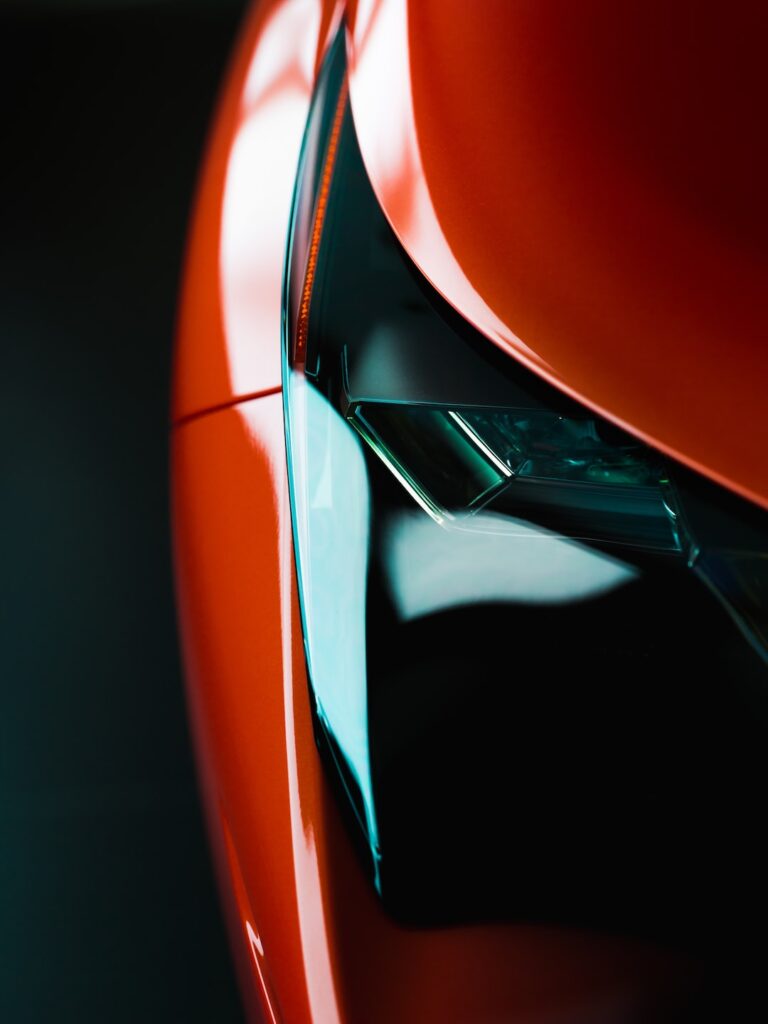Are You Unsure About Keeping or Replacing Your Car?
If you’ve been driving the same car for a while now, you might be facing the classic dilemma: “Should I keep my current car, or is it time to replace it?” It’s a tough decision to make, especially when you consider all the factors involved – cost, reliability, safety, and environmental impact. In this post, we’ll explore some surprising statistics and provide helpful tips to guide you through this decision-making process.
The Surprising Statistics
Did you know that the average age of cars on the road in the United States is approximately 12 years? Yes, you read that right – 12 years! This means that many people are holding onto their vehicles for much longer than in previous decades. Additionally, the average annual cost of owning and operating a vehicle in the U.S. is over $9,000. That’s a significant chunk of change!
Taking a closer look at these statistics, it becomes clear that many car owners are making conscious decisions to keep their vehicles for extended periods, likely due to the rising costs associated with purchasing and maintaining a car. Not to mention the environmental impact of manufacturing new vehicles. When you understand the trends and numbers behind car ownership, it can help bring some clarity to your decision-making process.
Factors to Consider Before Making a Decision
Cost Considerations
Repairs and Maintenance
One of the key factors in deciding whether to keep or replace your car is the cost of repairs and maintenance. As vehicles age, they typically require more frequent repairs and maintenance. If you find yourself spending a significant amount on repairs annually, it might be worth considering a newer vehicle that won’t demand as much upkeep.
Fuel Efficiency
Another important aspect to take into account is fuel efficiency. Older vehicles tend to be less fuel-efficient than newer models. With fluctuating gas prices, the fuel efficiency of your car can have a notable impact on your budget.
Insurance and Registration
The cost of insurance and registration can also increase as your car ages. Newer vehicles often come with lower insurance premiums and may be eligible for more discounts.
Reliability and Safety
Vehicle Safety Features
Advancements in vehicle safety technology have been substantial over the years. Newer cars come equipped with advanced safety features such as automatic emergency braking, lane departure warning systems, and blind-spot monitoring. If safety is a top priority for you, upgrading to a newer vehicle might be the right choice.
Reliability
Consider your car’s track record for reliability. If you’re experiencing frequent breakdowns or concerns about the dependability of your vehicle, it may be a sign that it’s time for a change.
Environmental Impact
Emissions
Older vehicles tend to produce more emissions than newer, more environmentally friendly models. If reducing your carbon footprint is important to you, upgrading to a more efficient vehicle can make a significant difference.
How to Make the Decision
Evaluate Your Needs
Assess your current lifestyle and needs. Consider your daily commute, family size, and any specific requirements you might have for your vehicle.
Calculate the Costs
Compare the costs of keeping your current car with the expenses of purchasing a new one. Factor in maintenance, repairs, fuel costs, insurance, and depreciation.
Consider Safety and Technology
Think about the safety features and technology that are important to you. Research the advancements in newer vehicles and see how they align with your priorities.
Environmental Impact
If you’re environmentally conscious, research the emissions and fuel efficiency of your current car versus potential new ones.
Applying this to Your Daily Life
Now that we’ve covered the key points and statistics, how can you apply this information to your own situation? Start by taking a thorough look at your current vehicle and weigh the cost of maintaining it against the benefits of getting a new one.
If you decide to keep your car, make sure to stay on top of the maintenance schedule and address any issues promptly to extend its lifespan. If you choose to replace it, explore financing options and research different models to find one that fits your budget and lifestyle.
In Summary
Deciding whether to keep or replace your car is a significant choice that requires careful consideration of various factors. With the average age of cars on the road being 12 years and the costs associated with vehicle ownership being over $9,000 annually, it’s clear that many people are grappling with the same decision. By evaluating cost, reliability, safety, and environmental impact, you can make an informed decision that aligns with your needs and values. Whether you decide to keep your current car or upgrade to a new one, the key is to prioritize what matters most to you and your circumstances.












